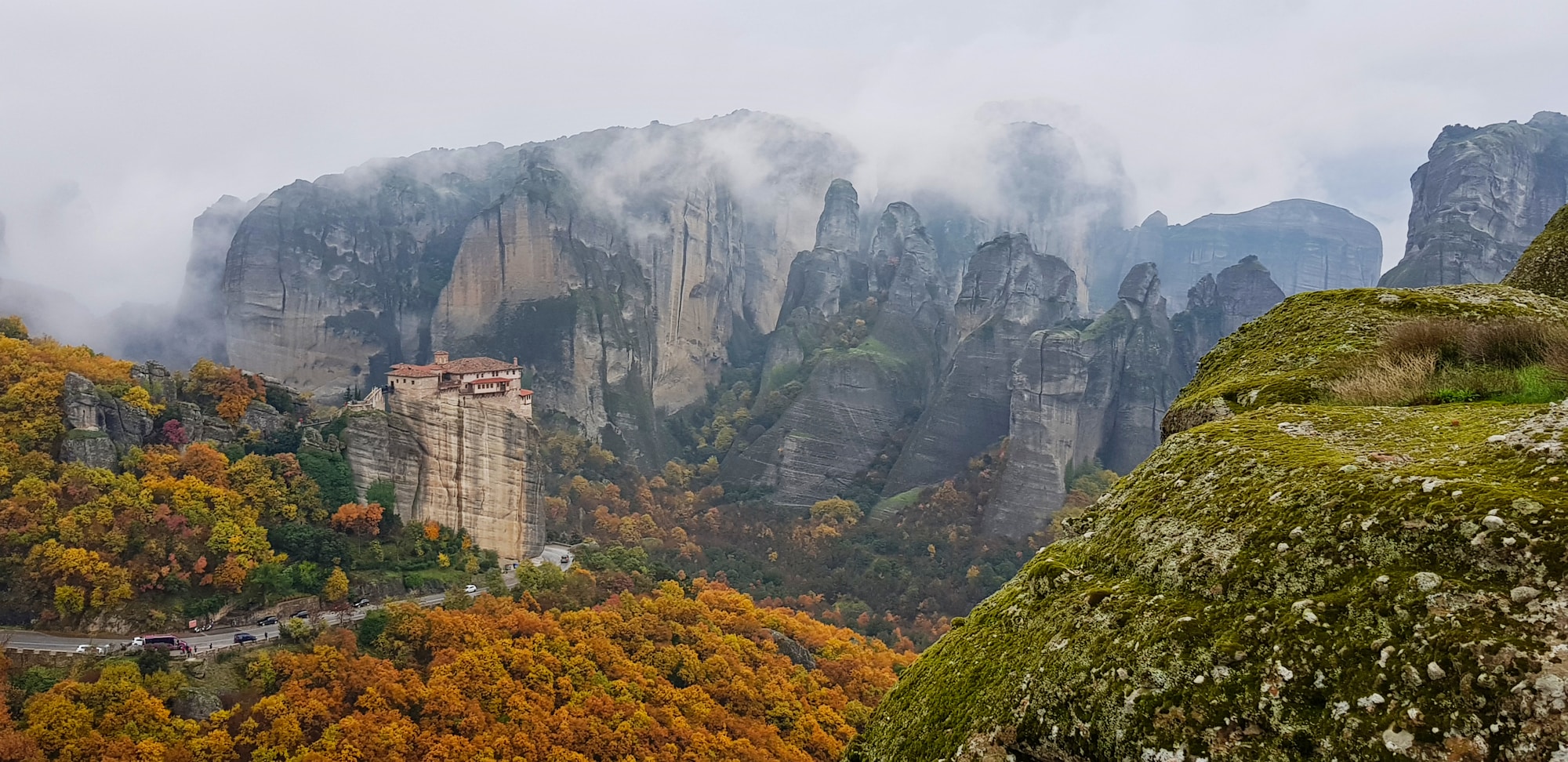Best Time to Visit Meteora: Weather Guide

Best Time to Visit Meteora: Weather Guide
Meteora, located in central Greece, is a unique and stunning area known for its rock formations and monasteries perched atop cliffs. When planning a visit to Meteora, it's essential to consider the weather to ensure an enjoyable experience. The region experiences distinct seasons, each offering different weather conditions that can greatly impact your trip.
Weather by Month
| Month | Season | Humidity | Temperature | Sunlight | Rainfall |
|---|---|---|---|---|---|
| January | Winter | Low | Cold | Short days | Moderate |
| February | Winter | Low | Cold | Short days | Moderate |
| March | Spring | Moderate | Cool | Increasing | Low |
| April | Spring | Moderate | Mild | Increasing | Low |
| May | Spring | Moderate | Pleasant | Longer days | Low |
| June | Summer | Moderate | Warm | Long days | Low |
| July | Summer | Low | Hot | Longest days | Low |
| August | Summer | Low | Hot | Long days | Low |
| September | Autumn | Moderate | Pleasant | Decreasing | Low |
| October | Autumn | Moderate | Mild | Decreasing | Low |
| November | Autumn | Low | Cool | Shorter days | Moderate |
| December | Winter | Low | Cold | Short days | Moderate |
Weather Patterns
Meteora experiences a Mediterranean climate, with hot and dry summers and mild, wet winters. The best time to visit is typically in the spring (April to June) and autumn (September to October) when the weather is pleasant, and the crowds are smaller. Summer (July to August) can be hot, but it's also the busiest time for tourists.
What to Pack
- Spring and Autumn: Light layers, a jacket for cooler evenings, comfortable walking shoes.
- Summer: Light clothing, sunscreen, a hat, sunglasses, and plenty of water.
- Winter: Warm clothing, including a heavy jacket, hat, gloves, and sturdy shoes for walking on potentially icy paths.
Conclusion
Choosing the right time to visit Meteora depends on your preferences for weather and crowds. Whether you prefer mild temperatures and blooming nature in the spring, the hot sun of summer, or the colorful foliage of autumn, each season offers a unique experience in this enchanting region.
